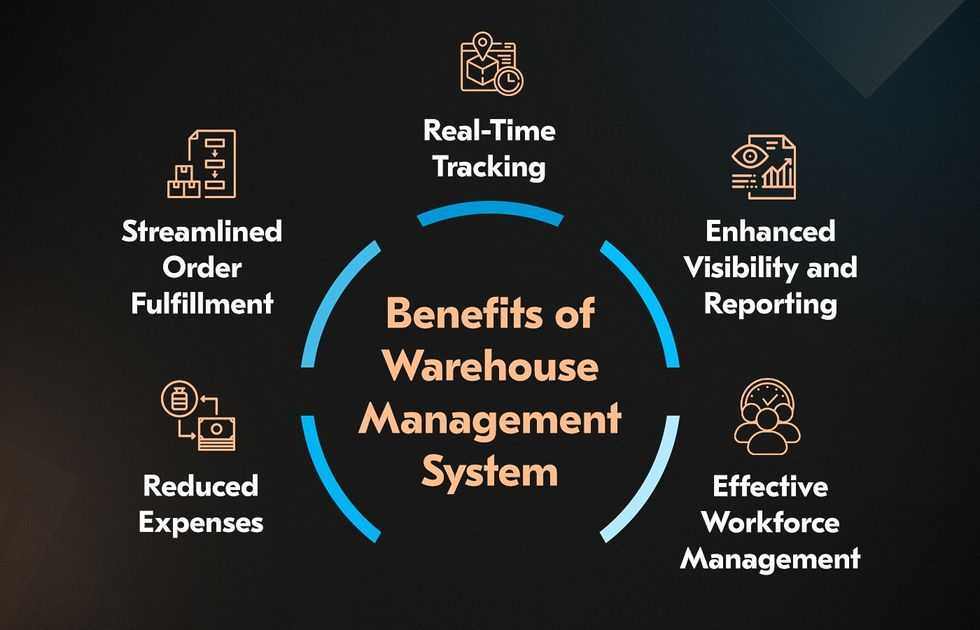In the world of logistics and inventory control, technology is the driving force behind efficiency. Many businesses ask, what is WMS and why it matters for their operations. WMS, or Warehouse Management System, is specialized software that helps control and optimize warehouse operations, from receiving goods to shipping them out to customers.
Understanding the Basics of WMS
A WMS is designed to manage daily warehouse tasks, streamline workflows, and ensure accuracy in inventory tracking. By automating many manual processes, it reduces human error, improves productivity, and enhances overall operational visibility.
Key Features of a WMS
1. Inventory Tracking
A WMS provides real-time visibility into stock levels, locations, and movement. This ensures businesses know exactly what they have and where it’s stored at all times.
2. Order Management
The system helps in picking, packing, and shipping orders efficiently, reducing fulfillment errors and improving delivery speed.
3. Warehouse Layout Optimization
WMS can suggest the best storage locations for products based on demand, size, and turnover rate, which helps maximize space utilization.
Benefits of Using a WMS
- Improved Accuracy – Real-time data eliminates guesswork and prevents costly mistakes.
- Increased Efficiency – Automated processes reduce manual labor and speed up operations.
- Better Customer Service – Faster and more accurate order fulfillment improves customer satisfaction.
- Scalability – WMS can adapt as your business grows, making it easier to manage increasing inventory and order volumes.
When Should a Business Implement a WMS?
You should consider adopting a WMS if your business:
- Handles a large volume of inventory.
- Struggles with stock discrepancies.
- Faces frequent shipping delays.
- Wants to integrate automation tools for faster processing.
How WMS Integrates With Other Systems
Modern WMS solutions integrate with ERP (Enterprise Resource Planning) and TMS (Transportation Management Systems) for seamless end-to-end supply chain management. This integration allows for better coordination between purchasing, warehousing, and distribution. For smaller-scale logistics needs or local relocations, businesses and individuals can easily compare man and van quotes to find cost-effective and flexible transport options that complement their warehouse or delivery operations.
Conclusion
Understanding what is WMS is crucial for any business that wants to stay competitive in the logistics and distribution industry. With its ability to enhance efficiency, accuracy, and scalability, a WMS is no longer a luxury—it’s a necessity. Implementing the right system can transform your warehouse into a high-performing hub that supports long-term business growth.






